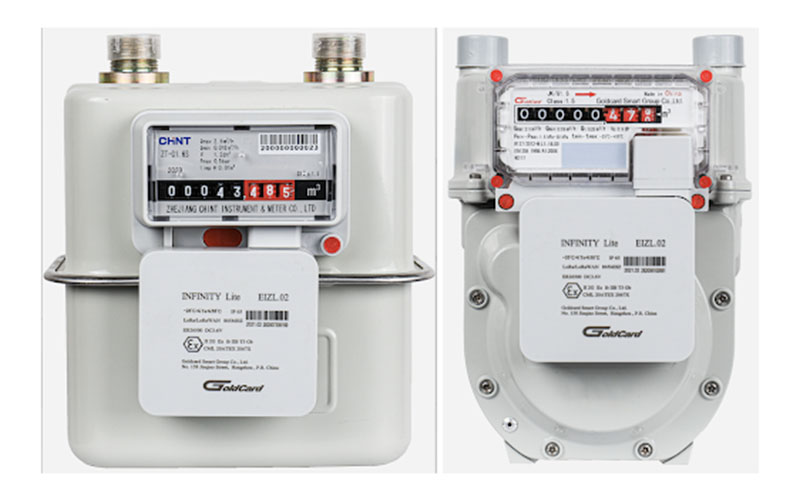In today’s world, where energy efficiency and sustainability are more important than ever, the ability to accurately measure and monitor energy usage is crucial. Whether in residential buildings, industrial facilities, or commercial properties, energy measurement equipment plays a vital role in optimizing consumption, reducing costs, and promoting responsible energy use.
What is Energy Measurement Equipment?
Energy measurement equipment refers to a range of devices and systems designed to monitor, record, and analyze the consumption of electrical energy. These tools provide real-time or periodic data on power usage, enabling users to understand how, when, and where energy is being consumed.
Common types of energy measurement equipment include:
- Energy Meters (KWh meters): Measure the amount of electricity consumed over time, typically used in homes and businesses.
- Smart Meters: Digital devices that provide detailed data and remote communication capabilities, enabling users and utilities to track usage in real-time.
- Power Quality Analyzers: Assess the quality of power, detecting issues like voltage dips, harmonics, and interruptions.
- Sub-Meters: Used within buildings or complexes to monitor energy consumption by individual tenants, departments, or systems.
- Current Transformers (CTs) and Voltage Transformers (VTs): Measure current and voltage in high-voltage systems to ensure safe and accurate readings.
Why Energy Measurement Matters
Accurate energy measurement is more than just a billing necessity it’s a cornerstone of energy management and operational efficiency. Here’s why it matters:
1. Cost Control
With detailed insights into energy consumption, users can identify wastage and take corrective actions to reduce electricity bills.
2. Efficiency Optimization
Energy measurement equipment allows facility managers and engineers to monitor performance, detect inefficiencies, and make data-driven decisions to enhance system productivity.
3. Sustainability Goals
By tracking energy usage, organizations can benchmark progress toward carbon reduction and sustainability targets.
4. Load Management
Measuring energy usage helps in managing load distribution, preventing system overloads, and ensuring the reliability of electrical systems.
5. Compliance and Reporting
Energy audits and regulatory compliance often require accurate energy consumption data. Measurement tools ensure transparency and accountability.
Applications Across Industries
Energy measurement equipment finds applications across various sectors, including:
- Residential Buildings: Monitoring individual usage for accurate billing.
- Commercial Spaces: Managing tenant energy consumption and operational costs.
- Manufacturing and Industry: Optimizing processes, reducing downtime, and ensuring safe electrical operations.
- Utilities and Energy Providers: Smart grid integration and demand-side management.
- Renewable Energy Systems: Measuring energy generation and load balancing in solar and wind installations.
The Future of Energy Measurement
As the world moves toward smart cities, Internet of Things (IoT), and AI-driven analytics, energy measurement equipment is becoming more intelligent, connected, and automated. Modern smart meters offer real-time alerts, cloud integration, and predictive analytics, transforming how we interact with energy data.
Additionally, advanced metering infrastructure (AMI) is revolutionizing how utilities gather and use energy information, improving service delivery and energy efficiency at scale.

Leave a Reply